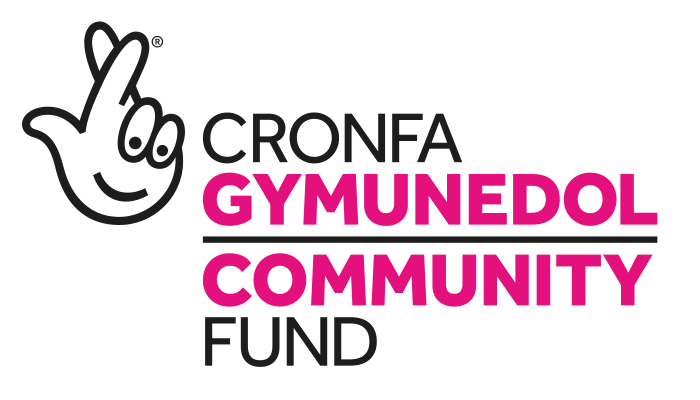When a parent or adult relative gets diagnosed with cancer, it can be hard to know what to tell children. Depending on how old they are affects how well they are going to understand anything complicated you try to tell them, but even a very young child will be able to understand some aspects of a cancer diagnosis so being open and honest is the best route to take. Children of all ages are very perceptive and are likely to fill in any blanks that they don’t know. This can be scarier than the reality sometimes and as a result it’s important to make sure children feel able to ask questions. Kids know when something’s wrong and it’s important that they trust you to tell them what’s going on.
The importance of routine
Try to keep routines, children may act up and naughty behaviour is an expression of worry and upset. This doesn’t mean it should be ignored or allowed and some children benefit from rules being maintained. This provides stability in uncertain times for them.
Most children have some idea of what being unwell means, but when explaining cancer, it is important to clarify that it is sick in a very different way. It can be scary if they think everyone who gets ill can need to go to hospital or have operations. Using the word cancer can be very important and helpful in this circumstance as distinguishes from other illnesses.
On the whole, children want to know how things will affect them in the immediate future; for example, if the person who normally takes them to school is the one who is ill, they may want to know who is going to take them instead. If you’re worried about someone’s health, this may seem selfish, but remember that children don’t always see things in the same way you do.
The way you tell them is important
Sitting down and telling children everything in one go may be too much for them to cope with, so it can be better to tell them the main thing:
“Mum is very sick and has to have some treatment. It will be very difficult and she will be tired/poorly etc for a long time. She has something called cancer which is when some of the parts of the body don’t do what they are supposed to. It is nobody’s fault that she has got cancer. She may not be able to play with you/take you to school/cook your dinner, but she still loves you very much”.
They may have questions, or they may not. Young children are often incredibly resilient and will return to playing games immediately after, but then may want to ask questions or be very upset at different times. If you tell them everything at once it can be very overwhelming, although you may wish you could get it all done in one go. Older children will be able to understand more information and may have an understanding of cancer already. This is likely to create more questions and they may ask if the person will die. Be prepared to answer these questions and try and think about what you will say. It is best to say “we don’t know” to any questions you can’t answer.
Children will often need things repeating and may seem to forget. This is how they learn and understand so it can be worth reiterating when necessary. For example, if they are visiting a grandparent with cancer they may need reminding on the day that their granny is very poorly and will not be able to play with them, or they cannot sit on her lap.
Involve them
Some children will benefit from having some responsibilities in this time. This can be dependent on their age and capability. For example, you could ask a child to help with brushing a wig, making a cup of tea in the morning, or drawing a picture to take to treatment with the family member. Having a responsibility and task can help them feel included and a part of the process.
Specialist help
If you are trying to explain to a child that someone is going to die there are specialist resources available that may help, as well as bereavement support.
https://www.cruse.org.uk/get-help/for-parents/childrens-understanding-of-death
https://www.mariecurie.org.uk/help/support/diagnosed/talking-children/children

